Don’t cry for me, Argentina

(Photo by Luisa Gonzalez Boa)
Oh wow, here I am yet again trying to give advice… What can I say? I’m just a student living out of a suitcase, trying to have a good time before settling down. But let’s talk about some tips on what to do / not to do in Buenos Aires ¿Preparados?
1. Learn Spanish
You didn’t see that one coming, right? Yes, my first tip is to learn the local language. Or at least the basics, as the rest will come eventually by just living here. But come with some knowledge, not only will it make your life so much easier during those first days in an unknown city feeling lost, but it will also allow you to connect with the locals on a different level. Here it doesn’t matter how foreign you look, they will all assume you speak Spanish and will speak to you at full speed, so be prepared.
An app I can recommend for expanding your vocabulary and that has proven to be very useful in helping me to learn Mandarin is “Drops”. They have a freemium model, which means you can stick to the free version and still get some benefits if you don’t want to pay. The app allows you a 5min session per day in which it teaches you words that are separated by topic in an interactive manner. It is not an app for grammar, but you will expand your vocabulary quickly and easily. Another good thing is that it also works offline.

(Photo by Luisa Gonzalez Boa)
Another option for practicing your speaking is Mundo Lingo. This association exists in many cities worldwide and organizes language exchanges in bars. So basically, you go there at around 8/9 pm, get some flag stickers with your language and the language you want to practice, buy a beer and enjoy! It’s a very good way to meet people from all over the world, including locals, practicing new languages and it has proven to be a good break from routine.
2. Share an apartment / dorm with Argentinians
I say Argentinians and not locals because, of course, not everyone is porteño here! But search for accommodation with Argentinians, and not only will it boost your Spanish without having to pay for language school, but you will get deeper insight into the culture. Sharing with locals will give you tips on where to find the best events, how to get tickets to football games, what wine brands are better (and cheaper), how to make a proper asado argentino, and much more.
Two ways of sharing accommodation: First, a room in a shared apartment; second, there are some shared houses that are smaller than a dorm but have the same vibe. These are located mainly in the trendy neighborhood of Palermo. Here you get a room (and maybe a toilet, depending on the house) and you share a common space and the kitchen with 8-12 people. Of course, I cannot guarantee that it will have someone Argentinian living there for sure, but from my friends’ experience there’s always been at least one from the country. This option is for those of you who want to be social every day. Yes, you have privacy in your room, but there’s always something exciting happening that you won’t resist joining.
3. Let’s talk about money
Ah, inflation. That amazing term all of us CBS students are familiar with. And what’s the optimal inflation rate? (If you don’t know this and you are still a student at CBS, go and do your homework!) 2%. What’s the inflation rate in Argentina as of early 2020? Around 30%. This means: don’t bring a lot of pesos here from the beginning. ATMs also charge a very high fee, so I suggest you bring American dollars and exchange on a weekly/monthly basis or use Western Union.
4. Get ready for some bitterness!
In a good way. Argentinians like bitter things: pomelo juice, Fernet Branca with coke and the most important one: mate (pronounced maté), which is a traditional South American caffeine-rich infused drink.
You can easily avoid pomelo juice if you are not fond of it and also Fernet Branca – just stick to beer, right? However, mate is unavoidable. Mate is not just a drink for Argentinians, it’s a social experience. Mate is supposed to be shared and enjoyed at any time of the day with whoever you are with. It’s an excuse to get to know the people around you better. I don’t mean “let’s share mate with people in the bus” but you will with your friends, colleagues and fellow exchange students. It tastes quite bitter in the beginning, but I got used to it in a couple of days. After that initial phase, it’s actually quite good and a nice excuse to take a break from whatever you are doing to enjoy the company of the people around you instead. In my case, I had mate with three colleagues I didn’t talk to much otherwise, so it was refreshing to have those 5 minutes together every now and then.
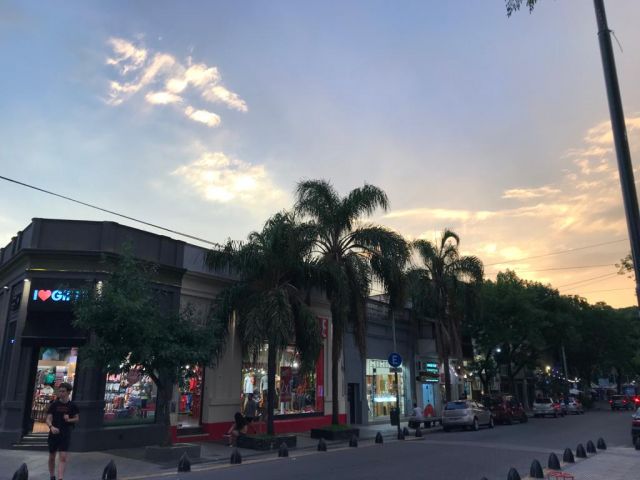
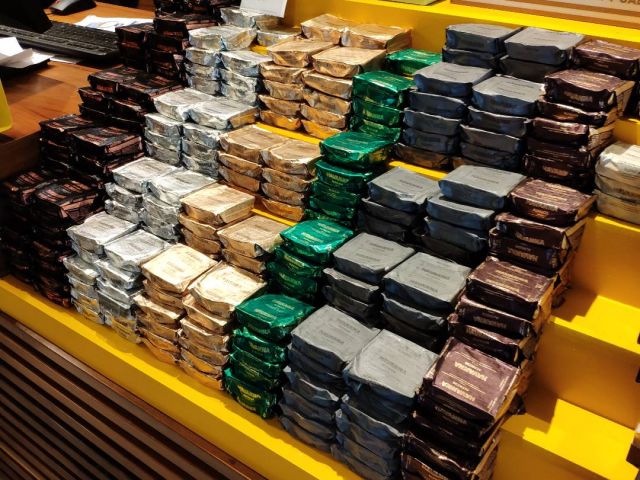

5. Bring everything you need
Okay, I don’t mean bring shampoo for five months, but rather bring all the clothes you will need according to the season. Here, whereas eating out, going to the movies and other commodities are cheaper than in Europe, good quality clothes aren’t. In fact, buying clothes here is very pricy, so try to pack everything you need. The good thing is that winter is not so cold and spring will come soon for all of you who are coming here during European fall, so focus on summer clothes and thin jackets.
Even if my adventure was cut short by coronavirus, I am deeply grateful for the experience and the warmth Buenos Aires has given me. I hope that some of you found some of what I’ve written useful and I wish you all a good semester abroad! And remember, these are my two most important takeaways from living abroad: (1) it is okay not to be okay some days, take those rainy days as part of the experience; and (2) don’t judge the new host country against your own standards, every place has its own non-written rules that you will have to get used to, so don’t get frustrated about every minor inconvenience.
I will always remember the taste of white chocolate alfajores from the coffee shop Havanna – my new favorite pastry in the world – and will always carry a bit of Buenos Aires in my heart, and in my new mate cup that I now take everywhere, hoping to go back to visit other parts of this amazing country.
Chao!





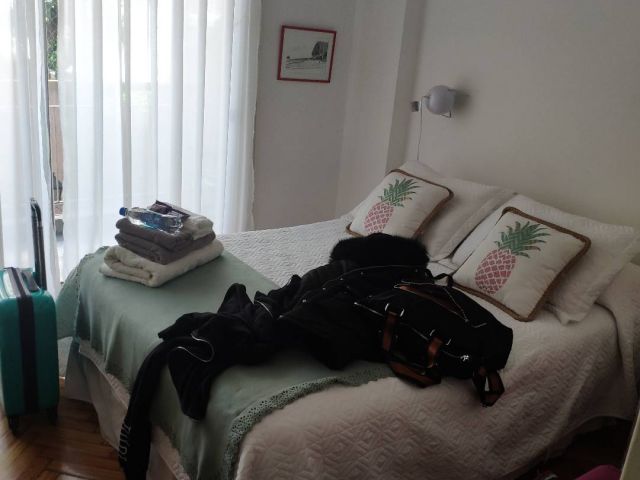
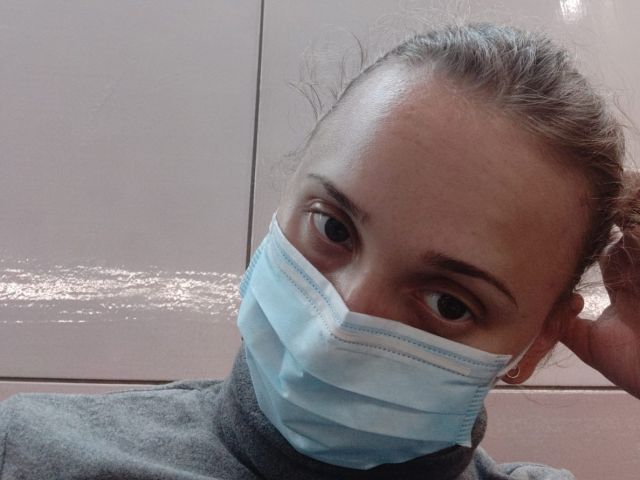
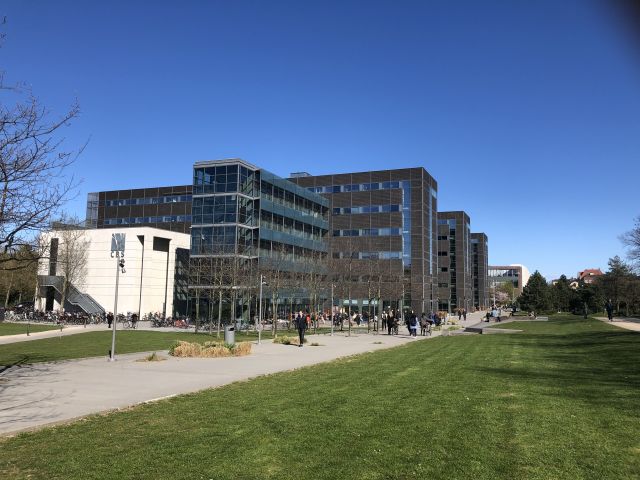




























































































































Comments